When it comes to home decor, few elements can replicate the charm and character of decorative dried flowers. As someone with a deep appreciation for natural elements in my living space, I’ve discovered that these timeless pieces not only add aesthetic appeal but also infuse a sense of tranquility and nostalgia. In this comprehensive guide, I’ll explore everything you need to know about decorative dried flowers, their benefits, how to use them in your home, and tips for maintaining their beauty.
Table of Contents
- What Are Dried Flowers?
- A Brief History of Dried Flowers
- Benefits of Decorative Dried Flowers
- Popular Types of Dried Flowers
- How to Arrange Decorative Dried Flowers
- Creative Uses for Dried Flowers in Home Decor
- Care and Maintenance of Dried Flowers
- Pros and Cons of Using Dried Flowers
- Dried Flowers vs. Fresh Flowers
- Frequently Asked Questions
What Are Dried Flowers?
Dried flowers are natural blooms that have been dried to preserve their beauty and structure. Unlike fresh flowers, which have a limited lifespan, dried flowers can last for years with proper care. They are often used in arrangements, wreaths, and other decorative applications to bring a touch of nature indoors. The process of drying flowers can be achieved through various methods, including air drying, pressing, and using silica gel.
A Brief History of Dried Flowers
The use of dried flowers dates back centuries. Ancient Egyptians used dried flowers in their burial rites, believing they would accompany the deceased in the afterlife. In Medieval Europe, dried herbs and flowers were used in potpourri and as natural remedies. Today, the artistic use of dried flowers has seen a resurgence as people seek sustainable and natural decor options.
Benefits of Decorative Dried Flowers
Dried flowers bring a multitude of benefits to your home decor. Here are a few key advantages:
- Longevity: Dried flowers can last for years, making them a cost-effective decoration.
- Low Maintenance: Unlike fresh flowers, dried variants require minimal care and can thrive in various environments.
- Allergy-Friendly: For those with allergies, dried flowers are a perfect alternative to fresh blooms.
- Sustainable: Utilizing dried flowers contributes to the eco-friendly movement by reducing waste.
Popular Types of Dried Flowers
There are many types of dried flowers, each with its unique characteristics. Here are some popular choices:
- Lavender: Known for its soothing scent and calming properties.
- Statice: A vibrant flower that retains its color well.
- Baby’s Breath: Often used to add texture to arrangements.
- Wheat: A rustic choice that adds a natural look to any decor.
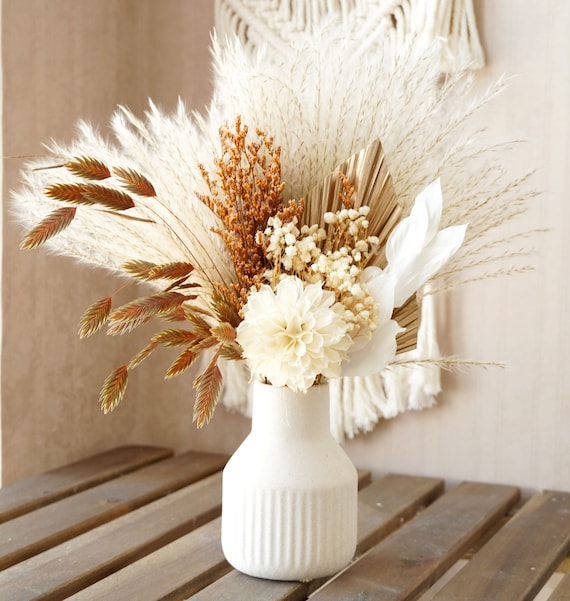
Table: Comparison of Popular Dried Flowers
| Flower Type | Color Retention | Scent | Usage |
|---|---|---|---|
| Lavender | Excellent | Strong | Arrangements, Potpourri |
| Statice | Very Good | None | Decorative Arrangements |
| Baby’s Breath | Good | None | Fillers for Bouquets |
| Wheat | Excellent | None | Wreaths, Rustic Decor |
How to Arrange Decorative Dried Flowers
Creating beautiful arrangements with dried flowers is an art form in itself. Here are some tips to get you started:
1. Choose Your Flowers
Select a variety of dried flowers that complement each other in terms of color, size, and texture. Mixing different types can create depth and interest.
2. Consider the Container
Choose a vase or container that suits your personal style and the theme of your decor. Popular options include glass jars, ceramic vases, and rustic baskets.
3. Create a Framework
Start by arranging larger flowers or foliage first to create a base structure. Then, gradually add smaller blooms for visual interest.
4. Play with Height and Dimension
Vary the heights of your flowers to create a dynamic arrangement. This will add movement and prevent it from looking flat.
5. Secure Your Flowers
Use floral tape or adhesive putty to secure your arrangement if necessary. This will help hold your design in place.
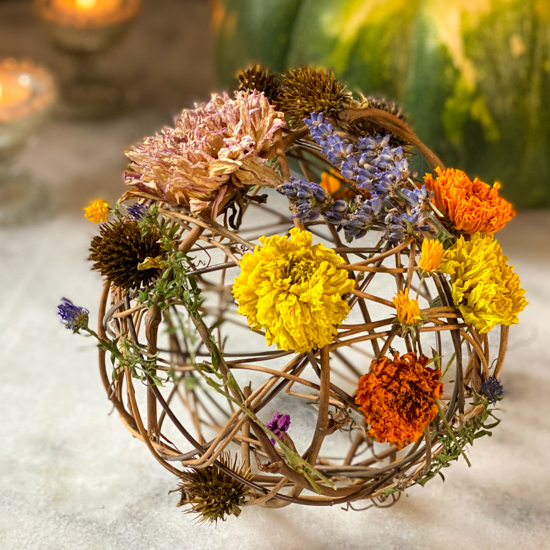
Creative Uses for Dried Flowers in Home Decor
Dried flowers can be utilized in various ways to enhance your space. Here are some creative ideas:
1. Dried Flower Bouquets
Bring a rustic flair to any room with a stunning dried flower bouquet. Customize your arrangement to reflect seasonal changes or themes.
2. Wall Hangings
Consider creating a wall hanging using dried flowers and herbs. This unique piece of art can serve as a focal point in any room.
3. Dried Flower Wreaths
Wreaths made of dried flowers can adorn your front door or serve as table centerpieces for special occasions.
4. Potpourri
Dried flowers can be mixed with essential oils to create fragrant potpourri that freshens up any space.
5. Gift Wrapping
Incorporate dried flowers into your gift wrapping for a personal touch that adds elegance and charm.
Care and Maintenance of Dried Flowers
Although dried flowers require less care than their fresh counterparts, some maintenance will help preserve their beauty:
- Avoid Direct Sunlight: Keep dried flowers out of direct sunlight to prevent fading.
- Dust Regularly: Use a soft brush or cloth to dust off your arrangements and keep them looking fresh.
- Avoid Humidity: Store dried flowers in dry environments to prevent mold and decay.
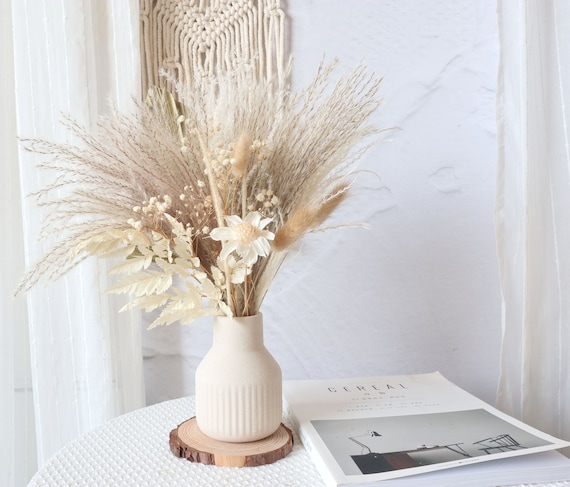
Pros and Cons of Using Dried Flowers
Like any decor option, dried flowers have their pros and cons:
Pros
- Long-lasting and durable
- Eco-friendly and sustainable
- Minimal maintenance required
Cons
- Can be more expensive upfront than fresh flowers
- Limited scent options
- May require special care to maintain appearance
Dried Flowers vs. Fresh Flowers
Understanding the differences between dried and fresh flowers will help you choose the best option for your needs:
| Feature | Dried Flowers | Fresh Flowers |
|---|---|---|
| Longevity | Years | Days to Weeks |
| Maintenance | Low | High |
| Allergies | Less likely to trigger | Higher risk |
| Cost | Often higher initial cost | Varying prices |

Frequently Asked Questions
1. How long do dried flowers last?
With proper care, dried flowers can last from one to several years.
2. Can I use fresh flowers for drying?
Yes, many fresh flowers can be dried at home using various methods.
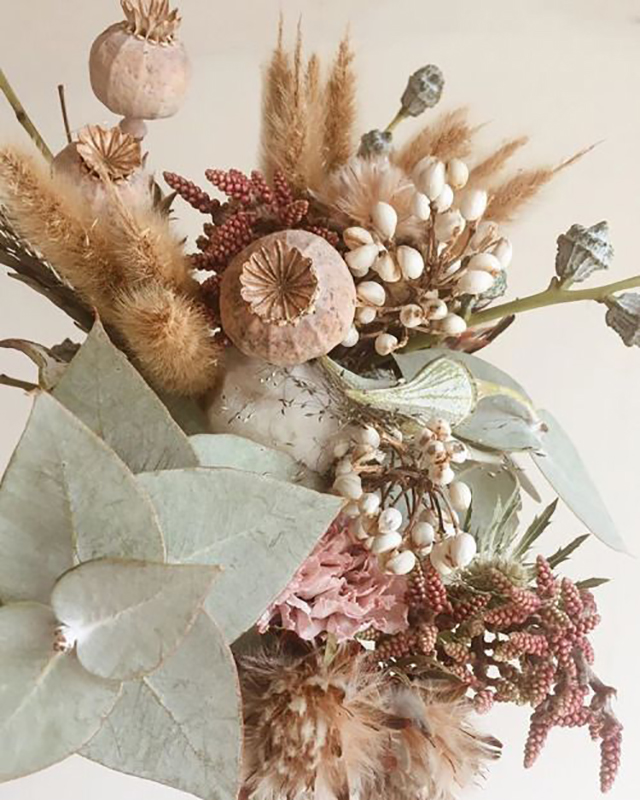
3. How can I enhance the scent of dried flowers?
Adding essential oils can enhance the aromatic experience of dried flower arrangements.
4. Are there any flowers that should not be dried?
Certain flowers with high water content, such as peonies and hydrangeas, may not dry well.
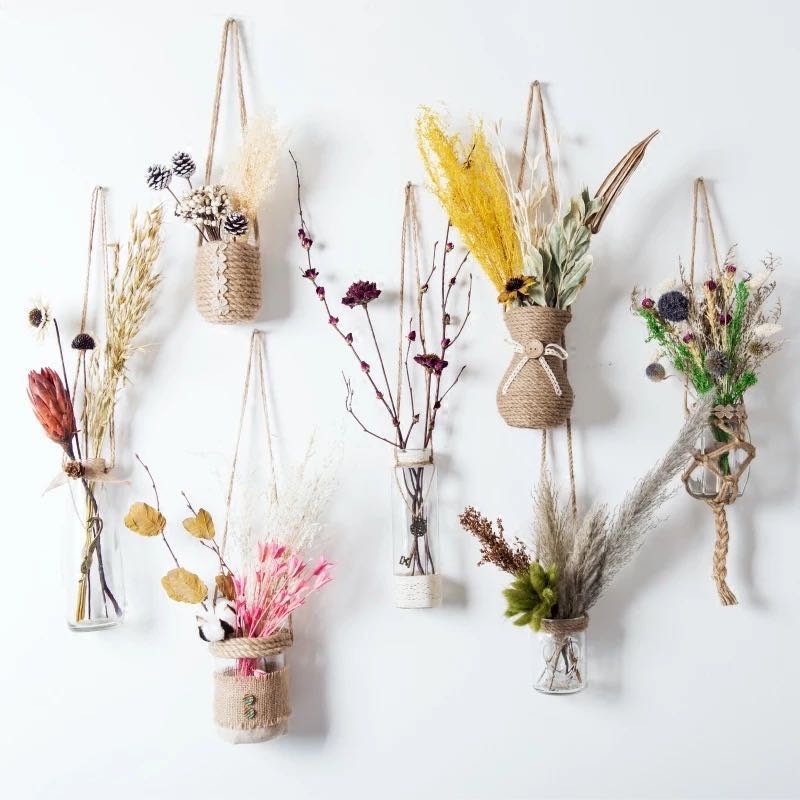
5. Can dried flowers be reused for crafts?
Absolutely! Dried flowers can be repurposed for various craft projects, adding a natural touch.
Conclusion
Decorative dried flowers are a wonderful way to bring a touch of nature into our homes. With their long-lasting beauty, low maintenance, and eco-friendly appeal, they are an excellent choice for anyone looking to enhance their decor. Whether you choose to create stunning arrangements, wreaths, or wall hangings, the charm of dried flowers is undeniable. I hope this guide inspires you to incorporate dried flowers into your own home decor journey!